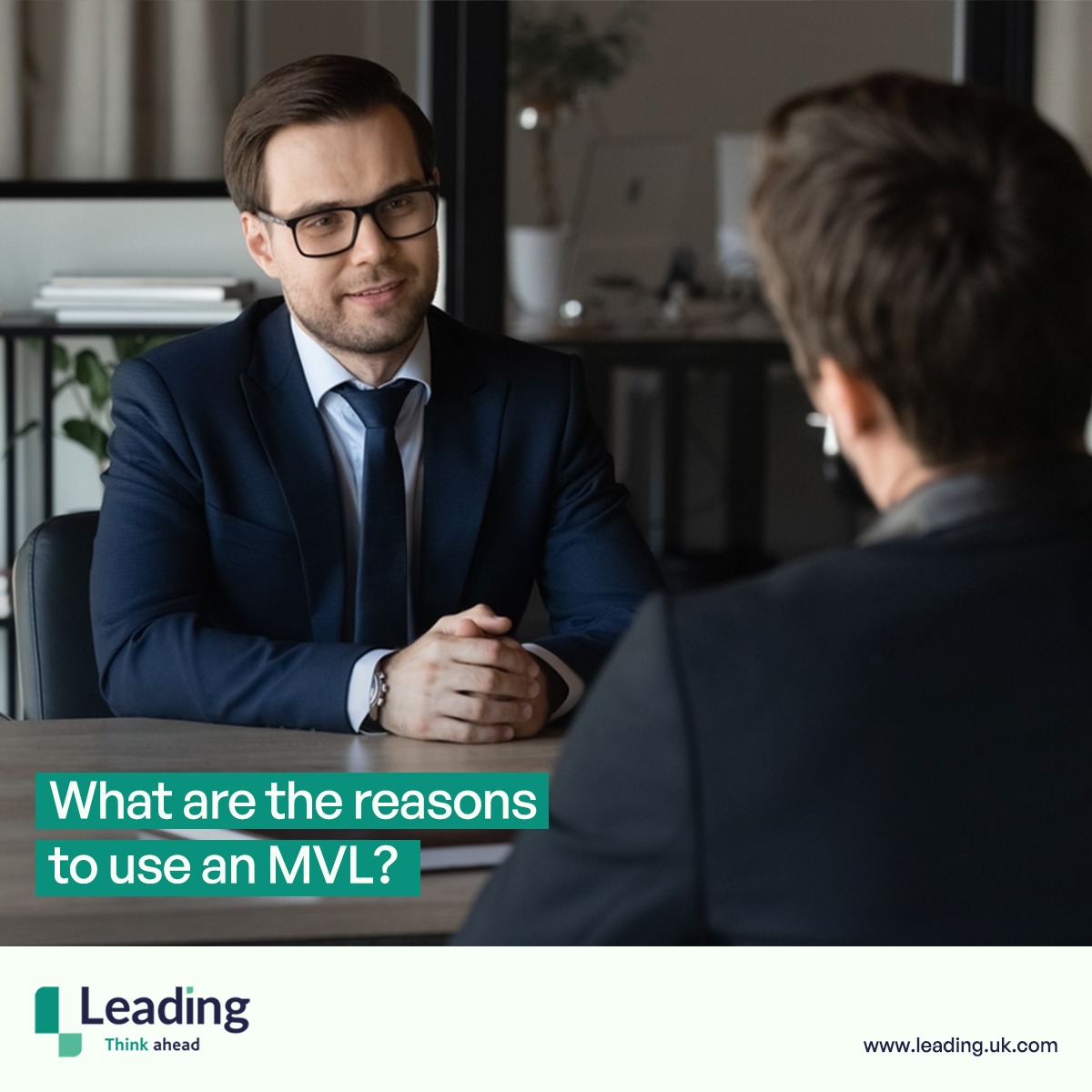What is the Procedure for a Members Voluntary Liquidation in the UK? Is It Complicated?
A members voluntary liquidation in the UK is a formal process to close a company and must only be entered into if solvent, i.e. there are sufficient funds to pay their debts including tax liabilities and any contractual obligations. So, why close the company? There are a number of reasons why directors of a solvent [...]








